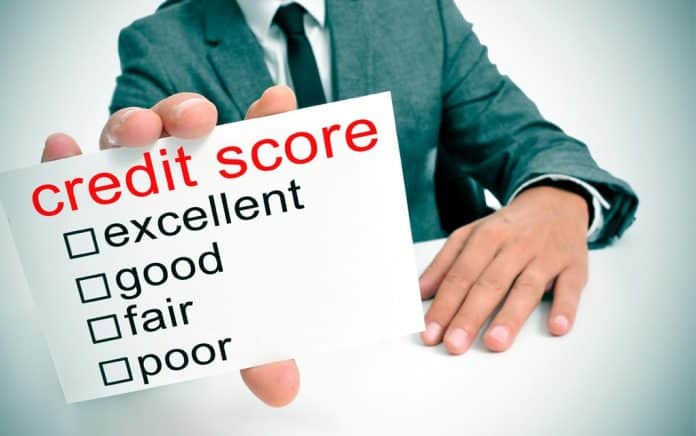
(FinancialHealth.net) – A lot of people use Credit Karma to track their credit activity, but it is not a credit bureau. Credit Karma is a private site that offers valuable information and tools. While you may be able to review items and see the general status of your report on Credit Karma, they use a completely different system to calculate the score and are not a source that lenders can go to in order to get accurate details about your credit.
They’ll have to get that information from one of the three main credit bureaus.The three main credit bureaus are TransUnion, Equifax and Experian.
What is the Main Purpose of a Credit Bureau?
The main goal of each of the three credit bureaus (Equifax, TransUnion and Experian) is to make sure that lenders have detailed information about anyone’s current and past credit history. Data is collected through social security numbers, which is attached to current and past dealings.
When a credit report inquiry is reviewed by a potential creditor or client, they can see credit scores, payment histories, negative remarks, disputes, open accounts, closed accounts, charge-offs and more.
Because creditors can potentially report different details to all of the credit bureaus, each report may be slightly different. A lender can run a merged report with information from all three bureaus, giving them a broader picture of your financial health, but some will only pull a report from one credit bureau.
What Information is Reported to the Credit Bureaus?
The credit bureaus use your name, birth date, social security number and prior addresses to verify your identity and personal information. Your mortgage company, car lender and any credit card or revolving loan account company you’ve ever worked with all report to the credit bureaus.
What are your lenders telling the credit bureaus?
They’re sharing data about:
- New credit accounts recently opened
- Overall available credit to debt ratio
- The amount of time the credit history has been active
- Details about overall payment history, including late payments
- The total amount owed on existing cards, accounts and credit lines
- Delinquencies, closed accounts, bankruptcies and past default judgments
Once this information is compiled, it’s used to calculate your credit score. A credit score may also be referred to as a FICO or VantageScore, depending on the type of report being run. The combined data is used to determine what type of risk a lender is taking when deciding to offer a loan or line of credit.
Credit reports are valuable tools for conducting personal business at any age or demographic.
Credit Karma can provide some of the same valuable information, but it may not always be current and they might not have all of it. It’s best to go right to the source. Everyone is entitled to at least one free credit report each year so they can see where they stand financially, and work towards any necessary improvements.
Have you gotten your free report this year?
~Here’s to Your Financial Health
Copyright 2020, FinancialHealth.net


















